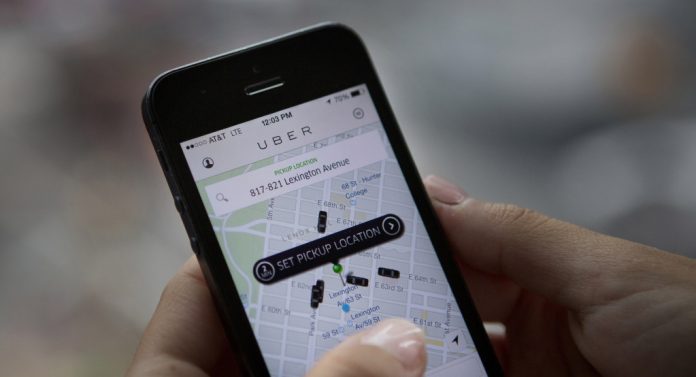LAHORE: Ride-hailing app Uber on Tuesday announced that it is shutting down operations in five out of six cities where it carried out operations in Pakistan, amid growing competition and record inflation that is showing no signs of abatement.
The company operates ride-hailing and delivery services in Pakistan and has shut both the verticals permanently in five cities. In a prompt to Uber users, the company said: “We have made the difficult decision to no longer offer services in Karachi, Islamabad, Faisalabad, Multan and Peshawar with effect from October 11.”
In its official statement, the company said it will retain operations in only one city, Lahore, where it will be launching more products on the app “to support earners during these difficult times.”
Meanwhile, Uber’s subsidiary Careem continues operations in 11 cities, including the ones where Uber has shut services and will likely be absorbing the influx of captains and customers affected by the shutdown in these cities. The shutdown prompt informed the customers that their details will be shared with Uber owned subsidiary Careem.
When contacted, Careem did not disclose details to Profit about the impact they see on their operations caused by the shutdown and how this will affect their ability to compete with inDriver, now rebranded as inDrive, and Bykea.
The revolutionary ride hailing service Uber entered the Pakistani market in 2016 to solve the rampant mobility problem in an efficient manner. Both Careem, which entered Pakistan in 2015, and Uber, invested heavily in Pakistan to drive a behaviour change towards tech apps for ride hailing.
Both companies drove models which incentivised drivers and riders with hefty earnings and discounts.
A dicey situation
Both Uber and Careem have had to bring readjustments in their models to drive profitability which required cutting down driver bonuses and increasing margins charged to drivers by respective platforms, as well as reducing promotional rates for customers. The correction in the model decreased earnings of drivers and increased ride prices, causing a drop in the demand as well as supply.
The increase in platform commissions also gave rise to instances of fraud where drivers, to increase their income, would find ways to cheat the system in a bid to avoid giving the platform any commission.
Both Uber and Careem have been understood to have been taking a hit on their market shares because of the pullback of incentives for riders and drivers. Ride-hailing overall was further ravaged by the Covid-19 pandemic, which decimated the demand and supply.
To complicate matters for Uber and Careem, inDriver entered into the foray with zero per cent initial commissions charged to drivers at a time when both Uber and Careem were increasing their margins. Launched in early 2021, inDriver has been able to take a significant market share, estimated to be in 25-35 per cent range, within a span of a year and a half on the back of zero commission charged to drivers and low ride prices. According to an industry expert, inDriver, now rebranded as inDrive, might have captured as much as 80 per cent of the ride-hailing market.
Although InDrive has also started to steadily increase commissions charged to drivers but are still lower than what Uber and Careem charge. To make things complicated for everyone, another competitor Bykea entered into the car category in the beginning of September, also incentivising drivers with zero commissions, meaning a further dent into the market share of Uber, Careem and now inDrive.
All four companies operate in car-hailing, bike-hailing and rickshaw-hailing categories, as well as in package delivery verticals.
Dynamics of ride-hailing aside, the news of Uber scaling down operations significantly comes on the heels of a faltering economy which has compounded problems for the average ride-hailing consumer, whose purchasing power has waned because of record inflation translating into a fall in demand.
However, Uber now seems to be putting up a fight, with incentives back and discounted rides available for riders as it concentrates focus on one city only. The ride hailing business has not commented on future plans for Pakistan.





Surveys App are a significant piece of each and every undertaking and administration. With a developing rivalry I every one of the fields of the market, everybody flourishes to take advantage of the conceivable outcomes to the most extreme and studies help in this cycle by gathering the information expected for statistical surveying. A precise statistical surveying makes ready to better execution so it is vital that the best internet based review apparatuses are chosen.